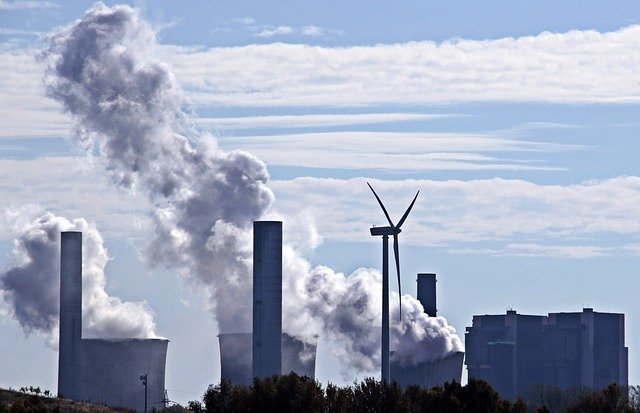ESG
Asset Owners Urge High-Carbon Divestment, Worry About Returns - Study

Investors want to pull the plug from firms which they associate with emitting carbon dioxide but worry that they'll lose returns. A study suggests that people continue to think there is a trade-off between environmentalism and financial results.
The majority of asset owners in Asia want external asset managers (EAMs) to divest from high-carbon business sectors, but as many as 41 per cent think that pulling out of these industries will cut returns, a study by Cerulli Associates said.
The report by the firm, Responsible Investing in Asia 2021: Raising the Bar for Sustainability, found that three-fifths of asset owners evaluate carbon emissions of their investee companies, and slightly less than half plan to make investments in climate transition-related sectors. Cerulli received total 60 responses from asset owners and distributors in Asia-Pacific markets, a spokesperson told this news service today.
A total of 69 per cent of asset owners would like external asset managers to divest from high carbon-emission sectors, while half of the Asia ex-Japan managers surveyed indicated that they plan to divest from such sectors.
However, while 56 per cent of asset owners prefer to engage with companies instead of cutting ties with them, 46 per cent said the shrinking investment universe of investable opportunities explained why they did not eliminate fossil fuel companies from portfolios.
Deciding whether to encourage firms to change tack rather than divest has taken on a sharper edge amid worries that “cleantech” sectors have become overvalued. The Bank for International Settlements in Basel recently warned that the sector is in “bubble” territory – unusually blunt language for such an institution. Separately, the trend towards ESG investing has been accompanied by worries about making investments look more environmentally friendly than they really are.
The Cerulli report noted that it might not be easy to decarbonise investment portfolios, as hoped. For instance, complexities in assessing data and risks across different asset classes, and lack of standardised data sets are among the top challenges in evaluating companies for climate risks.
"Addressing climate risks is complex - the most sophisticated asset owners will rely on managers to learn about technical details of carbon data measurements, types of assets to be assessed, and types of emissions to be included, among others," Leena Dagade, associate director, said.
"While some asset owners have committed to net-zero emission targets, given the novelty of the topic and technical details of measuring climate risk, various segments of the industry will need to join forces to share knowledge and come up with collective actions in order to reach their climate goals," Dagade added.
